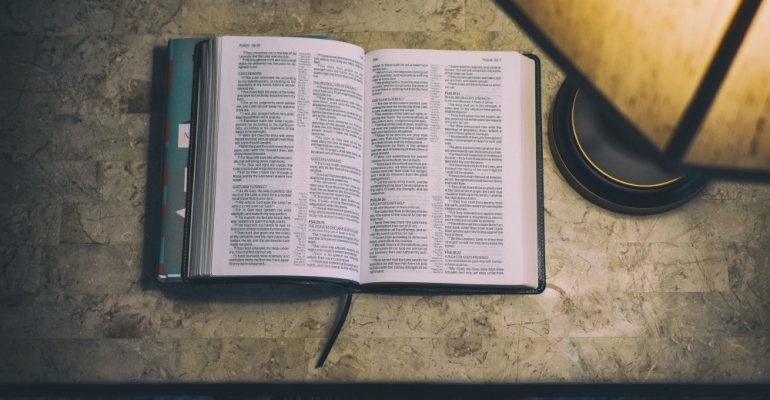
The Deadly Sins of Greed and Gluttony
‘fessing up to our anger or our lust is one thing, but to acknowledge we are greedy, well, that is another matter. I think most of us probably consider greed to be the sin we are least likely to fall into, especially when the “us” I am thinking of are Christians. Most of us probably consider ourselves to be generous, and not to consider ourselves as rich, so greed wouldn’t seem to be our problem.
In part, our reluctance to recognise the reality of greed in our lives is a consequence of living in an affluent western society. Greed is probably the sin we are most blind to because of the abundance we take for granted. Often it takes a visit to a developing world slum, or to receive a visitor from the developing world to open our eyes. What looks like normal life to us can certainly appear greedy to those who come from a very different context.
A good definition of greed is that it is placing ultimate value in possessions and finding identity in them. Put that way, probably very many of us in the west are guilty of it. Think of the messages communicated to us in scores of advertisements every day. Think of the power of consumer brands. Consider the way in which shopping is a recreational activity for so many of us.
We tend to react against this. “Greedy? Not me! I just like shopping!” But go on, think about it, admit it. I know greed can get hold of me.
Gluttony and greed are often confused but are two distinctive vices. Where greed places ultimate value and identity in possessions gluttony in its strictest sense is excessive eating or drinking. In our current confused culture I would argue that gluttony manifests itself in other forms though – not only excessive eating and drinking but excessive attention to food and drink; which means the rake thin person can be as much a glutton as the sumo-sized. It is fashionable for thin, attractive and trendy bloggers to throw out broad condemnations of the gluttonous – “Why go on about same-sex marriage all the time when your church is full of fat people?!” Such ‘arguments’ are worthy only of contempt, revealing more about the smug superiority of their authors than offering any penetrating insight or pastoral help.
I posted fairly extensively on gluttony a few weeks back so don’t need to say much more here, other than that the real identifying factor that it is gluttony we are dealing with, rather than some other problem, is that the glutton is resolutely self-focussed. This is the key distinction between gluttony (which is bad) and feasting (which is good). Feasting is a community activity. It is usually in response to an event or occasion that the community wants to acknowledge (birthdays, Christmas, anniversaries) and is enjoyed with other members of the community. By contrast, the glutton is only interested in his own desires and needs. There is no community consideration for the glutton.
Evidence that greed could be an area of sinful weakness for us can be found in the zeal with which we guard our stuff. If we are reluctant to open our homes, uneasy about lending things we own to other people, or over-sensitive if things we possess get lost or damaged, then we are probably slaves to greed. It is easy to mask this under a pretence of good-stewardship; but that is only a mask. Another sign of greed is to analyse our thought patterns (and our internet history): where do our thoughts tend to drift? And what does this reveal about where we place our security and hope, and where we find our identity?
The warfare attrition of the Christian life can make us vulnerable to both greed and gluttony because in the face of difficulty we crave comfort. The greedy person will seek comfort in their possessions; the glutton in food and drink. Of course, neither greed nor gluttony are a good strategy to find lasting happiness: “Why do your spend your money for that which is not bread, and your labour for that which does not satisfy?” (Is. 55:2) Rather, like the psalmist, we should look to God, that he might, “Satisfy us in the morning with your steadfast love, that we may rejoice and be glad all our days.” (Ps. 90:14)